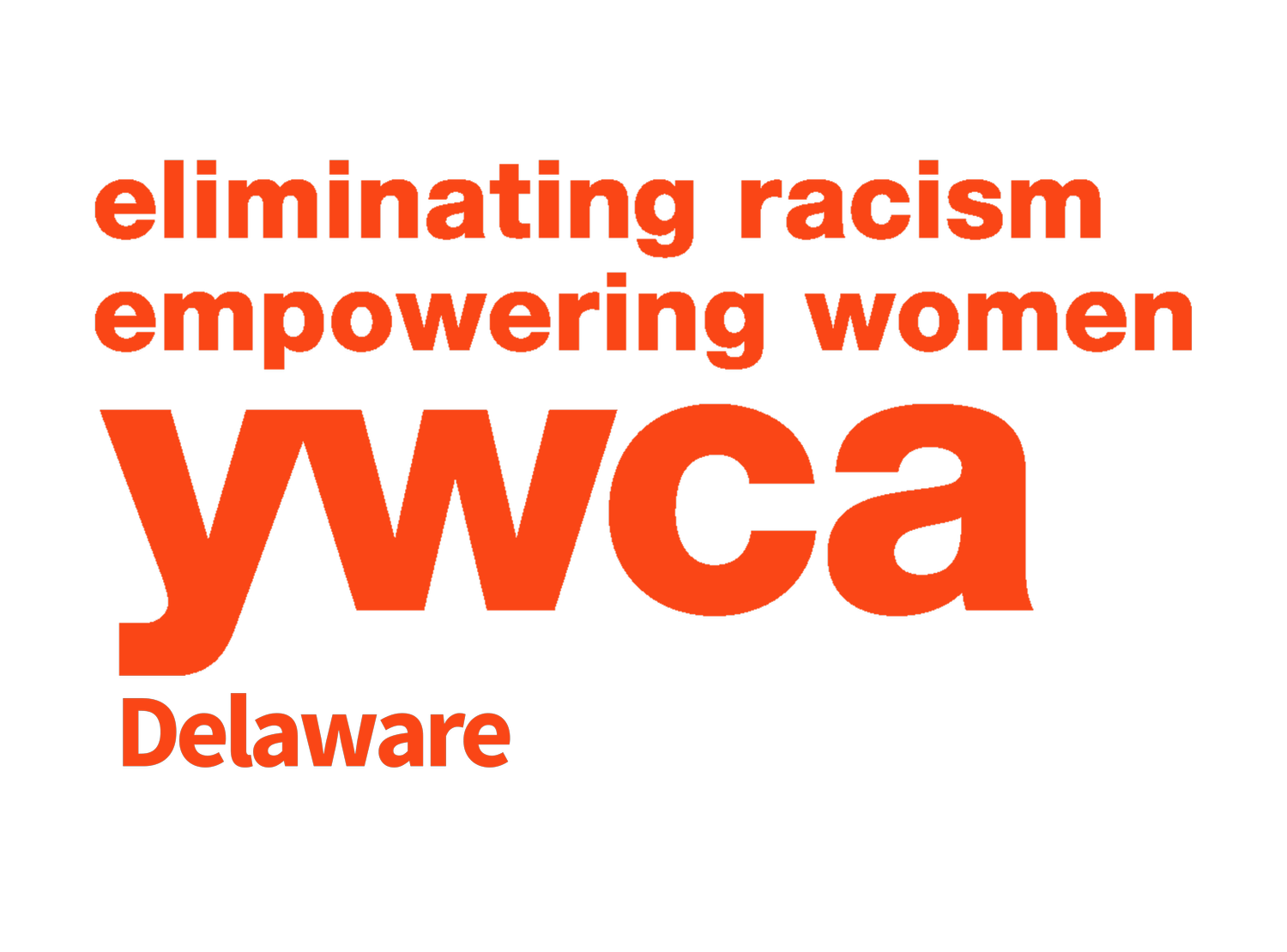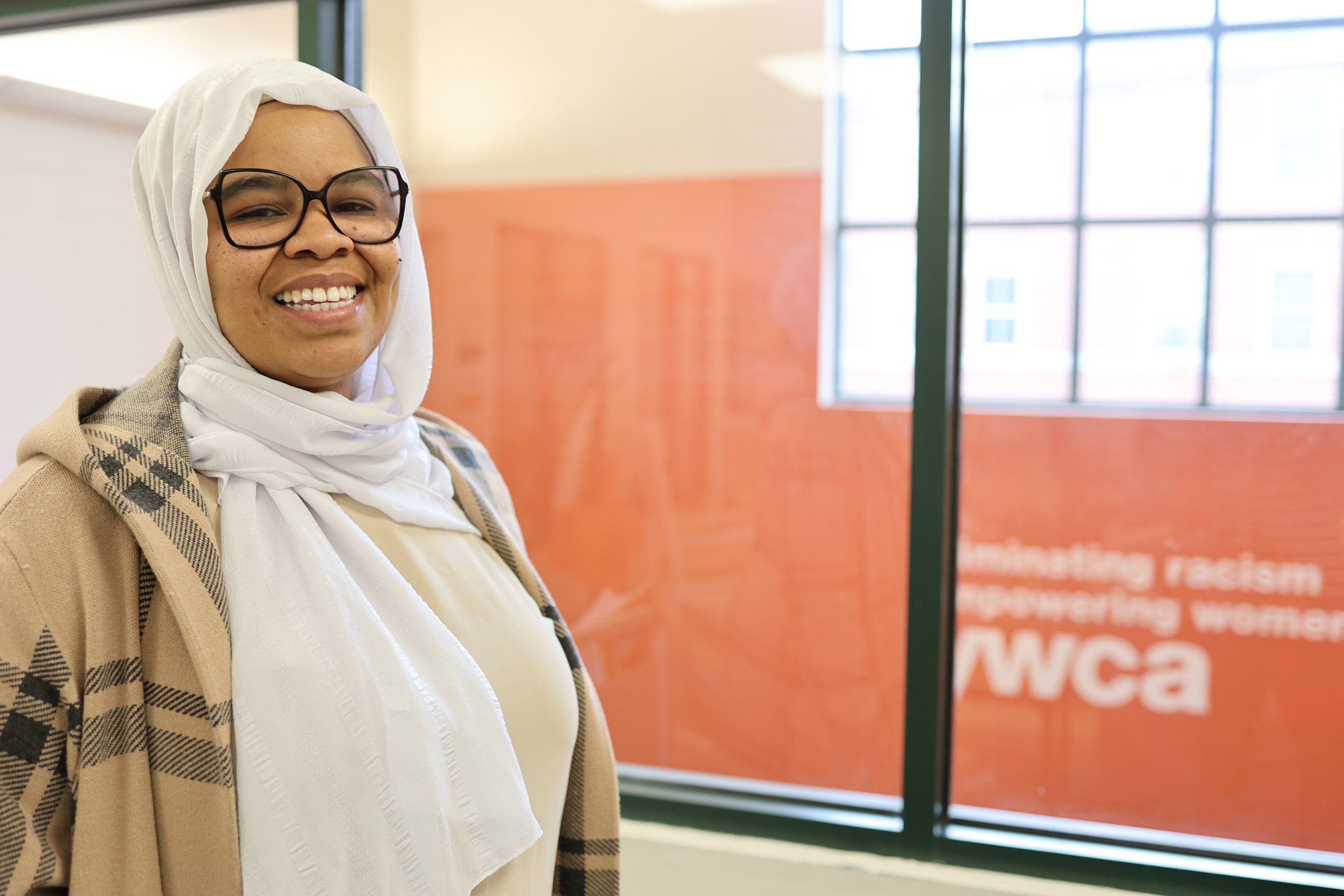Finding Faith: Madinah Brown's Journey of Resilience and Empowerment in the Workplace
At the end of 2011, Madinah Brown interviewed for a job while wearing her hijab and was not offered the position. A year later, she interviewed again at the same location without her hijab and was hired. At the time, she thought abandoning her faith by working uncovered would be easier than asserting her legal rights until her faith was tested.
While Madinah suppressed feelings of discomfort, loss of autonomy and marginalization while working without her hijab, traumatic events unfolded at home. Initially, a family member assaulted one of her children, causing significant pain. Then, a housefire displaced Madinah and her children. Despite these challenges, Madinah continued to work unveiled.
"Little by little, I felt like I was shedding who I was. But the house fire was a wake-up call. I felt that if I continued to abandon my faith and not wear my hijab, I was going to lose myself. After the house fire, I didn’t fear losing my income because I felt like everything was already lost, and I had to regain it by putting my first layer of skin back on, which was my hijab," said Madinah.
She took a leave of absence from work, and when she returned in July of 2019, she wore her hijab. At first, no one bothered her. However, the administration later informed her that she was not allowed to wear a hijab due to safety concerns. Madinah began working on a patent for a modified detachable hijab that would fall apart if restrained to meet safety requirements.
“I went to work for 40 days, and I was told to either keep your hijab on and clock in and out, or take your hijab off and clock in."
Madinah clocked in and out for 40 days and received $1.25 paychecks. She filed a lawsuit, and four years later, she is still awaiting a resolution.
“My children motivated me to see this through. I feel protected and secure when I wear my hijab. I was a single woman, homeless, the sole provider, and worried about having to choose my faith or my job. You shouldn’t have to choose your faith or your employment. I’m grateful that now many women can choose both."

